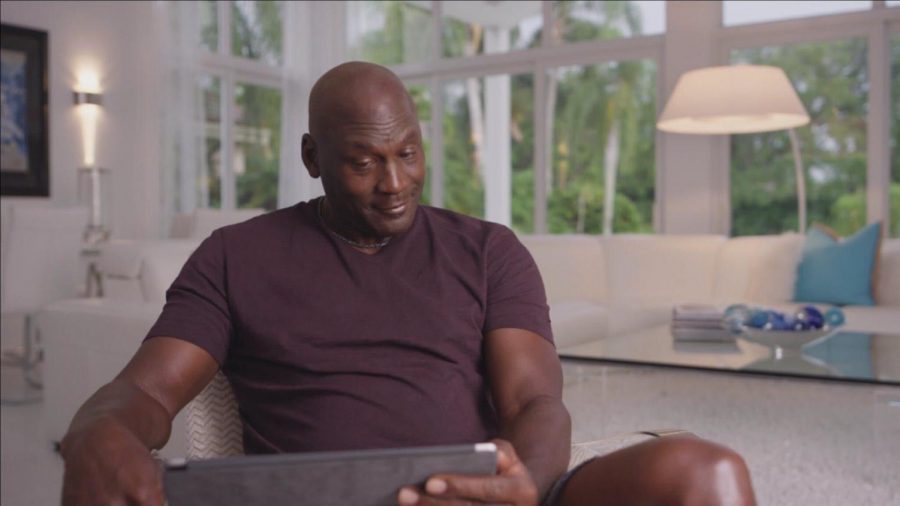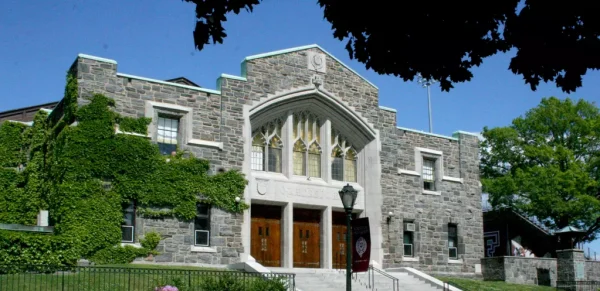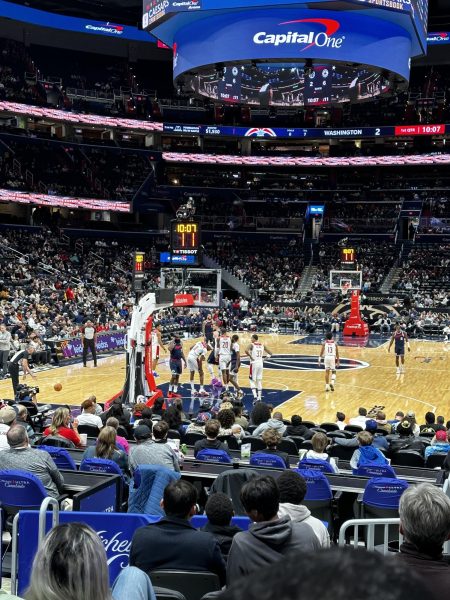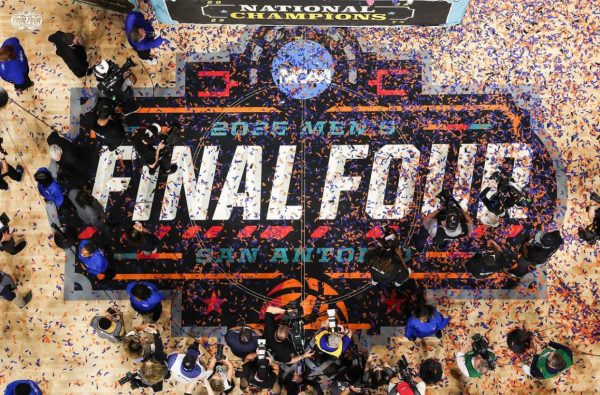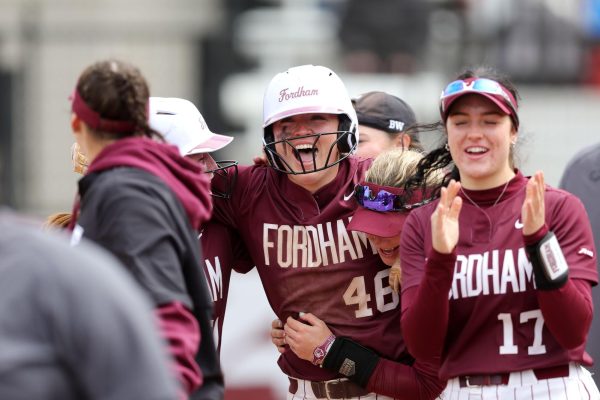Last Dance Diaries: DNP (Vegas)
“The Last Dance” is only tangentially about the 1997-98 Chicago Bulls.
Sure, that season is the subject of ESPN’s documentary, which aired episodes three and four on Sunday night. All of the documentary’s exclusive footage comes from that season, and it provided the impetus for the show itself. But to understand everything that went into that season and the team’s most difficult title, you need to understand most of what took place in the years before.
Episodes three and four are masterful storytelling, from start to finish. The two hours went by in what felt like five minutes. Episode three starts in the late 1980s with the Bulls and new coach Doug Collins. Michael Jordan, by this point the undisputed best player in the league, is trying to get over the hump and win his first championship. Last week’s episodes were about Jordan and Scottie Pippen, the two stars of Chicago’s show. The two most recent episodes focus on Dennis Rodman and head coach Phil Jackson, the other two essential pieces to the ’97-’98 teams who — on the outside — can’t be more different.
Rodman, in the first 10 minutes of episode three, is framed as a genius, figuring out how many rotations on the basketball and where it bounced to ascertain where he should position himself for a rebound. However, for the next 50 minutes, the other, wilder side of Rodman appears, in wild hairdos, ejections and partying. The fine line between genius and insanity is slim; it’s Dennis Rodman.
Before getting into his 1998 antics (we’ll have plenty of time for those later), this episode delves into Rodman’s upbringing and play at Southeastern Oklahoma State before being drafted by the Detroit Pistons in 1986. Detroit would play foil to Jordan’s Bulls in the late ’80s, knocking them out of the playoffs for three straight years beginning in 1988. Detroit, coached by Chuck Daly and led by Isiah Thomas, Joe Dumars, Bill Laimbeer and Rodman, did so in a particularly soul-crushing fashion, with a special defensive game plan against Jordan known as the “Jordan Rules.” Essentially, the object of this defense was to prevent him from getting near the basket; if he did, he was going to hit the deck. The Bulls of that time couldn’t handle the constant physical abuse.
Rodman is at the center of this, and Seattle Sonics guard Gary Payton sums it up perfectly: “Dennis Rodman was the f—up person. He just f—s everything up.” Diving on the floor, hard fouls, fighting opponents — nothing was off the table. But after the Pistons fall off in the early ’90s, Rodman goes off the rails; late in his Pistons tenure, he is found in his car asleep with a rifle next to him. He then gets traded to the Spurs, and his story veers from tragic to absurd. Dyed hair. Many ejections. More fines. A public relationship with Madonna, who Rodman says offered him $20 million to get her pregnant. If he was the sad clown in Detroit, he becomes Jay Gatsby in San Antonio.
However, upon arriving in Chicago in 1995, Jackson, Jordan and Pippen figure out how to channel Rodman’s chaotic energy into positive results. His willingness to play tough and take on any assignment ingratiates him with players and fans, and the Bulls win two championships in 1996 and 1997. In 1998, with Pippen taking a Hot Girl Summer and missing the first three months of the season after foot surgery, Rodman’s energy and willingness to step into a No. 2 role help the Bulls stay afloat through a tough early-season stretch. However, when Pippen returns in January 1998, Rodman goes back off the rails, culminating — for the time being — in him burning out and telling Jackson and the team he needs a vacation. We’ll pick up that story after we dive into Phil Jackson.
As I said earlier, on the surface, Jackson and Rodman are very different. Rodman is the devil-may-care, play-hard-party-harder mega celebrity. Jackson is the zen, mastermind general of the team of the ’90s, the perfect fit for a group of large egos. Jackson had an illustrious playing career of his own, winning two championships with the Knicks and, by his own admission, tripping on acid from time to time while doing so. After his playing career, he coaches in the Continental Basketball Association (CBA), where his passion for the game drips through, but he lacks the finer points of coaching. He also isn’t your typical coach, wearing short-sleeve shirts on the sidelines and sporting a laid-back attitude in the process.
Jackson earns the start of his big break with the Albany Patroons of the CBA, winning a championship in 1984. Jerry Krause, the much-maligned general manager of the team, wants to hire him as an assistant in the mid-’80s, but Jackson shows up to the interview in jeans and a casual shirt and gets spurned for the job. However, Krause’s lust for Jackson hasn’t faded, and Jackson is hired as an assistant to Collins in 1987.
Collins’ downfall as the coach came from his rift with Tex Winter, another assistant Krause had an affinity for. After the Bulls’ 1989 playoff ouster to Detroit, Krause tells Jordan he’s going to “rock the franchise” by firing Collins and hiring Jackson. Winter and Jackson combine to espouse the “triangle offense,” meant to get players other than Jordan numerous scoring opportunities. This is in stark contrast to Collins, who, after a Jordan game-winner in Game three of the 1989 Conference Finals, said his strategy on the play was “get the ball to Michael, everybody get the f— out of the way.”
Of course, Jackson would succeed as the Bulls’ coach. But the team’s initial reluctance to hire him was because of his identification with the counterculture of the 1980s, one in which Rodman thrived in the next decade. So, about that vacation…
Rodman said he needed to “decompress” by going to Las Vegas for 48 hours. Jackson, in a move that would make most hard-nosed coaches puke, let him do it on the stipulation that he would come back at 48 hours and one minute. Rodman has the time of his life, drinking and partying with friends, including actress Carmen Electra, who he married later that year. However, Rodman doesn’t come back after the 48 hours, so Jackson sends Jordan out there to pick him up. Needless to say, it wasn’t easy to get Rodman out of Vegas.
Once he returns, Jackson has the team participate in drills that are entirely meant to get Rodman back in playing shape. One exercise, which initially angered Jordan, had the team run in circles around the court. A coach would blow his whistle and the person in last would have to catch the person in the lead before the drill could end. Jordan instructed the team’s best runners, Steve Kerr and Jud Buechler, to jog at a light pace so the person he thought would be last, the seemingly hungover and strung-out Rodman, could catch the leader so the team wouldn’t waste too much time on the drill.
Jordan’s plans were foiled, though, when the drill started: Rodman was laps ahead of the field. It took the last-place runner four trips around the court to catch him.
Other Things…
- Just a wonderful two hours. I feel like I need to say that again.
- The soundtrack to this series has been wonderful. My favorites from Sunday night were Prince’s “Partyman” and the Beastie Boys’ “The Maestro.”
- Jordan may be the pettiest person ever; on a flight to Salt Lake City, he calls teammate Scottie Burrell an alcoholic for his mom and dad to hear. Congratulations, Michael. Mission accomplished.
- Jordan flaunts a $100 bill after apparently betting on that year’s Super Bowl between the Broncos and Packers. More on Jordan and gambling in the coming episodes.
- Rodman also flaunts a $20 bill that was given to him by TNT sideline reporter Craig Sager to help him pay a fine from the league. Rest in peace Craig. There will never be another like you.
- This episode was a quote machine. Some of my other favorites:
- “I’ll play the game for free but get paid for the bulls—.” — Rodman
- “Go home, m—–f—–s, go home.” — Jordan, after sinking the Cavaliers with a buzzer-beater to advance in the 1989 playoffs.
- “He’d say there’s no I in ‘team.’ And I said, ‘there’s an “I” in win.’” — Jordan, on Phil Jackson.
- “It was definitely an occupational hazard being Dennis’ girlfriend.” — Electra
- “Straight-up b—–s.” — early-’90s Bull Horace Grant, on the Detroit Pistons. The Pistons walked off the floor without shaking hands after the Bulls swept them in the 1991 Conference Finals.
- “F— this bulls—.” — then-Cavalier Ron Harper, on not guarding Jordan on the final shot of their 1989 playoff series. History likely would have been different if he did.
- “When you do come to Detroit, you’re gonna get your ass whooped.” — Todd Boyd, author of “Young, Black, Rich and Famous.”
- “I want to go out there and get my nose broke. I want to go out there and get cut. I want to do something that will bring out the hurt, bring out the pain. I want to feel that.” — Rodman
- “There’s a lot of things I don’t see. But most of the time, I see the s— you do.” — a referee, talking to Rodman on the court at the beginning of episode three.
- None of these quotes would’ve been nearly as good if ESPN censored the documentary.
- Jordan’s security guys were known as the “Sniff Brothers.” This leads to several jokes, including one about Bill Clinton, none of which I will relay here.
- Jerry Krause dancing is the thing I didn’t know I needed and now can’t live without.
- Rodman’s starring role in “The Last Dance” coincides with reports about the failing health of North Korean dictator Kim-Jong Un, who Rodman has visited on multiple occasions. I do not wish to advance this discussion; I am merely pointing this out as an observation.
Check back here next week for more on episodes five and six!



































































































































































































